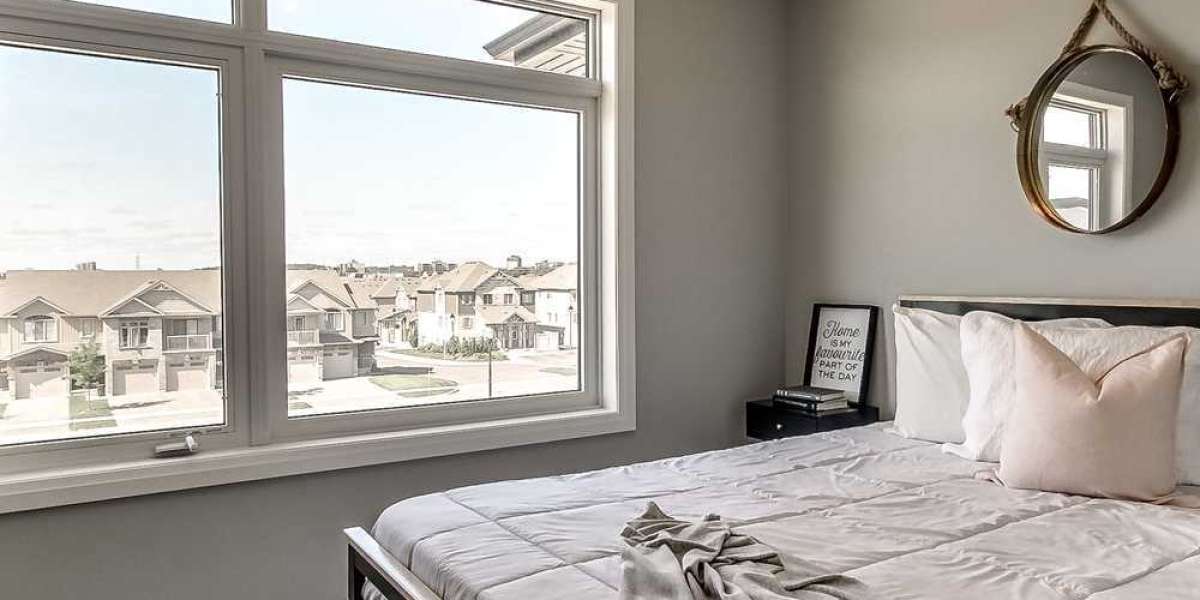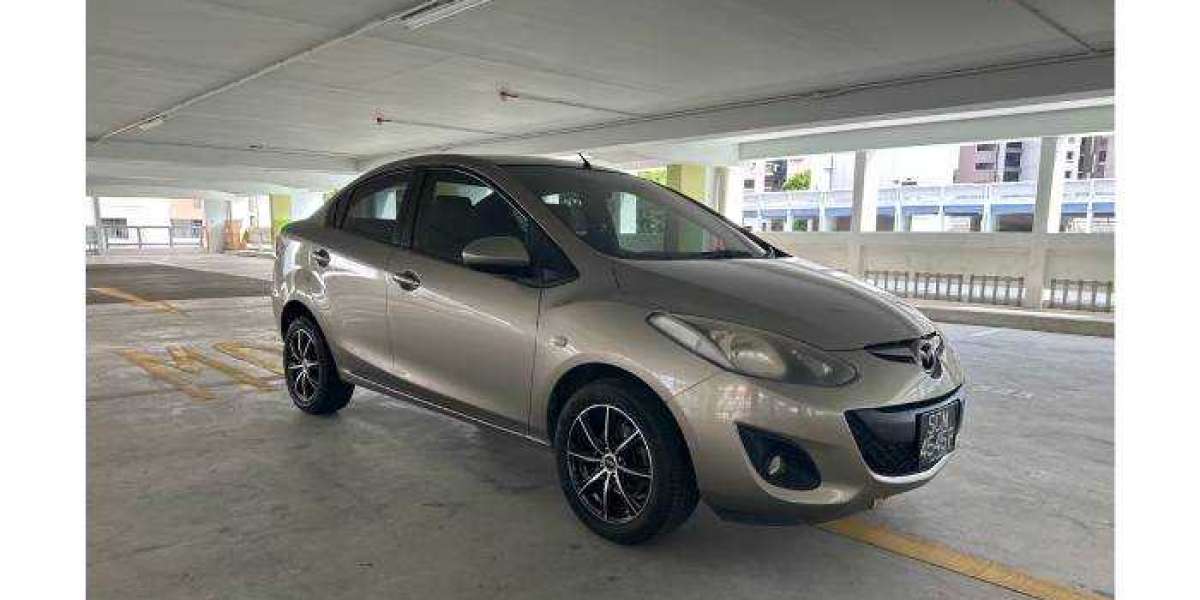London, Ontario, often referred to as the "Forest City," offers a vibrant and diverse rental market catering to a wide range of lifestyles and budgets. Whether you're a student attending Western University or Fanshawe College, a young professional starting your career, a growing family, or a retiree seeking a comfortable community, navigating the rental landscape in London requires careful consideration. This guide provides essential information to help you find the ideal rental in London, Ontario city.
Understanding London's Rental Market
Before embarking on your rental search, it's crucial to understand the current state of London's rental market. Like many cities in Canada, London has experienced fluctuations in rental prices and availability. Factors such as proximity to universities, downtown core, public transportation, and amenities significantly influence rental costs. Generally, areas closer to Western University and the city center tend to have higher demand and, consequently, higher rental rates. Neighbourhoods further out may offer more affordable options and larger living spaces. Staying informed about current market trends through online resources and local news can give you a competitive edge in your search.
Defining Your Rental Needs and Budget
The first step in your rental journey is to clearly define your needs and establish a realistic budget. Consider the following factors:
Location Preferences
Think about which areas of London best suit your lifestyle. Do you prefer the bustling energy of downtown, the student-friendly vibe near Western, the family-oriented atmosphere of the suburbs, or the more relaxed pace of the city's outskirts? Research different neighbourhoods to understand their unique characteristics, access to amenities, and transportation options.
Property Type and Size
Determine the type of property that meets your requirements. Are you looking for a bachelor apartment, a one-bedroom condo, a multi-bedroom townhouse, or a detached house? Consider the number of occupants, your need for private outdoor space, and your lifestyle when deciding on the size and type of rental unit.
Budget Allocation
Establish a firm budget for your monthly rent and factor in additional costs such as utilities (hydro, gas, water), internet, and tenant insurance. A common guideline is to allocate no more than 30% of your gross monthly income to rent. Be realistic about what you can afford to avoid financial strain.
Navigating Your Rental Search
With a clear understanding of your needs and budget, you can begin your active rental search. Utilize a variety of resources to maximize your chances of finding the perfect place:
Online Rental Platforms
Numerous websites and apps specialize in rental listings. Popular options in Canada include Rentals.ca, Zumper, PadMapper, and Kijiji. These platforms allow you to filter your search based on location, property type, price range, and amenities.
Local Real Estate Agencies
Consider contacting local real estate agents who specialize in rentals. They often have access to listings that may not be available online and can provide valuable insights into the local market.
Networking and Word-of-Mouth
Inform your friends, family, and colleagues that you are looking for a rental property. Sometimes, the best opportunities arise through personal connections.
Driving Through Neighbourhoods
Once you have identified areas of interest, take the time to drive or walk through the neighbourhoods. Look for "For Rent" signs and get a feel for the community.
What to Look for During Viewings
When you schedule viewings of potential rental properties, be prepared to assess them thoroughly. Pay attention to the following:
Condition of the Property
Check for any signs of damage, disrepair, or neglect. Look at the walls, floors, ceilings, appliances, and fixtures. Note any existing issues and bring them to the landlord's attention.
Functionality of Amenities
Ensure that all advertised amenities, such as appliances, heating, and cooling systems, are in good working order.
Safety and Security
Assess the security features of the property, including locks on doors and windows, and the overall safety of the neighbourhood.
Natural Light and Ventilation
Consider the amount of natural light the unit receives and the quality of ventilation.
Noise Levels
Pay attention to any potential sources of noise, such as traffic or neighbouring units.
The Application Process and Lease Agreement
Once you find a rental property you like, you will typically need to complete a rental application. Be prepared to provide information such as your employment history, income verification, credit check authorization, and references.
If your application is approved, you will be presented with a lease agreement. Read this document carefully before signing. Ensure you understand the terms and conditions, including the lease duration, rent payment schedule, rules and regulations, and responsibilities of both the landlord and tenant. Don't hesitate to ask questions or seek clarification on any clauses you don't understand.
Conclusion
Finding the right rental in London, Ontario, requires a systematic approach, careful planning, and a thorough understanding of the local market. By defining your needs, exploring various resources, diligently viewing properties, and carefully reviewing the lease agreement, you can increase your chances of securing a comfortable and suitable home in this welcoming city. Remember to be patient and persistent in your search, and don't hesitate to seek assistance when needed. With the right preparation, your London rental experience can be a positive and rewarding one.








